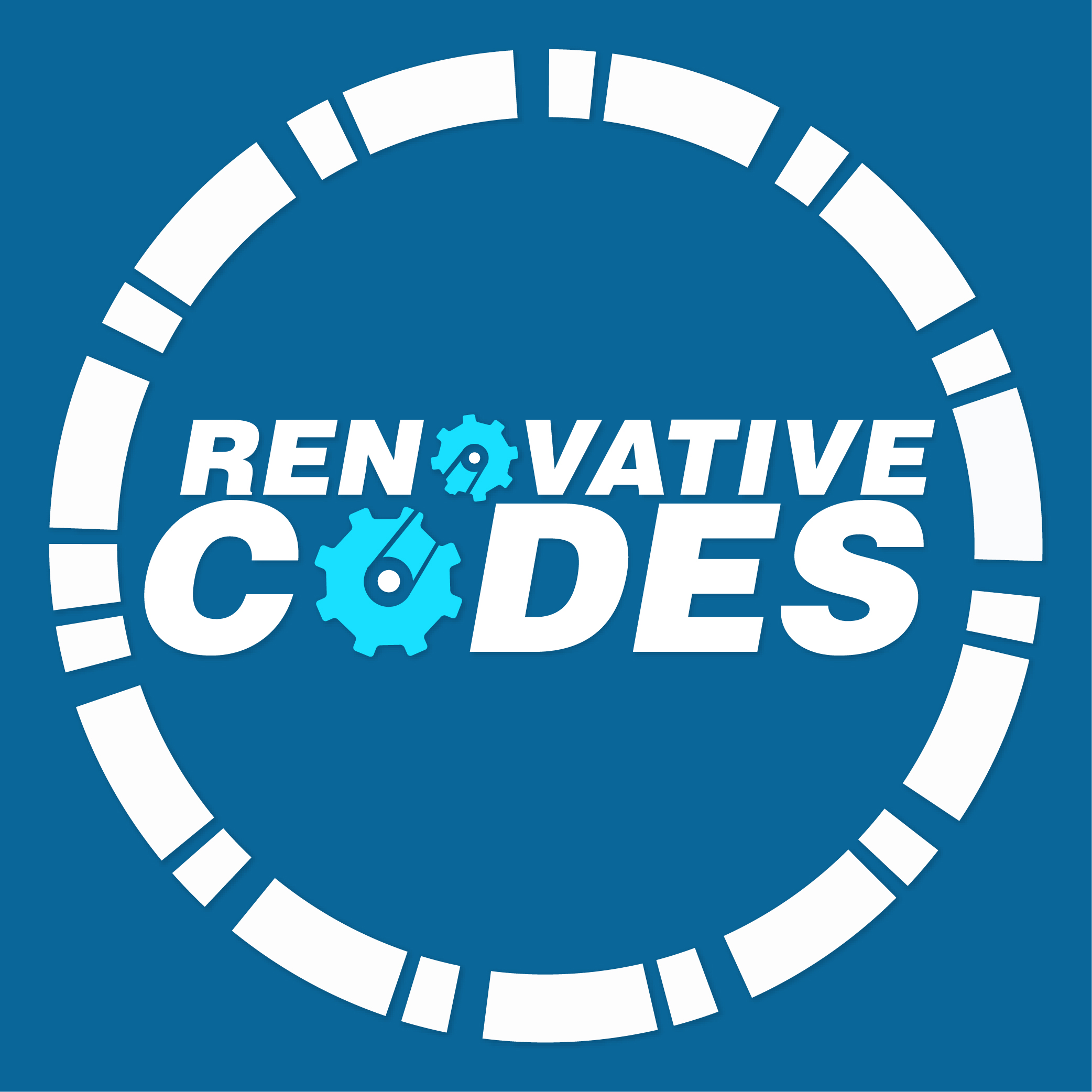By Pendo Manjele
“Technology and innovation are indeed enablers. What they enable is up to us.”
We live in the age of artificial intelligence (AI), a transformative technology reshaping how we work, interact, and experience life. While its potential is immense, one critical concern is the bias AI can perpetuate, particularly against marginalized groups, including women.
From my experience leading and participating in AI-related initiatives in Zambia, I have observed alarmingly low female participation. On average, only 1 in 4 participants in these initiatives are women, and often the numbers are even lower. This lack of diversity is not just a representation issue—it has far-reaching consequences. Without women actively contributing to the development of AI systems & policies, these technologies risk further exacerbating inequality, entrenching biases, and disproportionately disrupting the job market for women.
One well-documented example of AI perpetuating bias is from Amazon. Amazon developed an automated resume screening system trained on historical data from a ten-year period during which women were underrepresented in tech roles. The system began discriminating against women using linguistic signals associated with male candidates. Once this bias was discovered, Amazon discarded the model, but the lesson is clear: when ethics and inclusivity are an afterthought, the consequences can be profound.
Currently, Zambia lacks mechanisms to regulate AI systems, leaving room for potentially harmful technologies to be deployed prematurely. Once biased AI systems are in use, reversing their impact is challenging. This underscores the urgent need for governance frameworks that prioritize inclusivity and fairness from the outset.
For off-the-shelf AI tools, rigorous testing by diverse teams is critical. Thorough testing ensures that the tools adopted are free from hidden biases and serve all users equitably.
When left unchecked, digitalization can amplify societal inequalities and gender stereotypes. However, with intentional effort, it can also become a tool for empowerment and inclusion.



